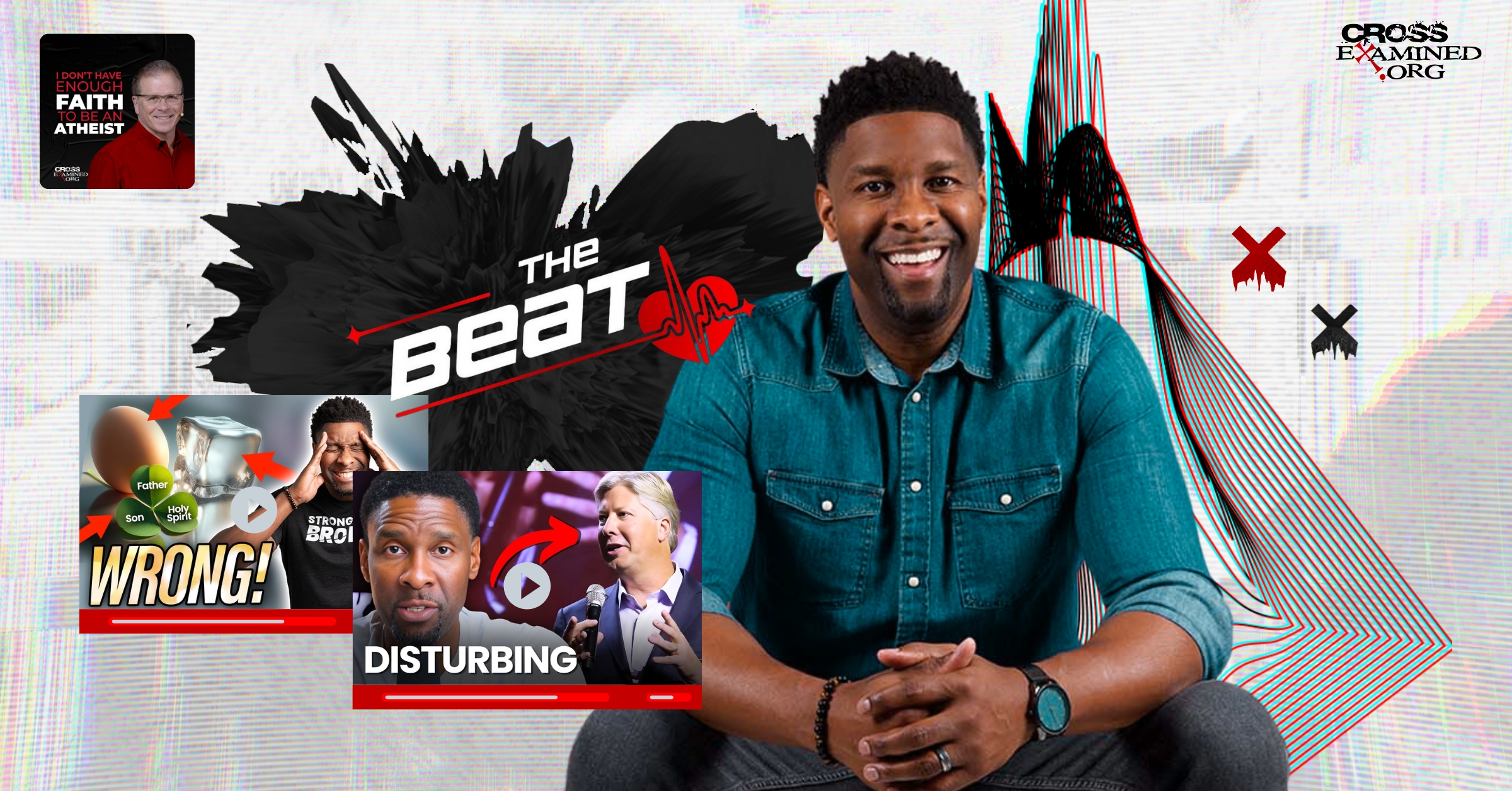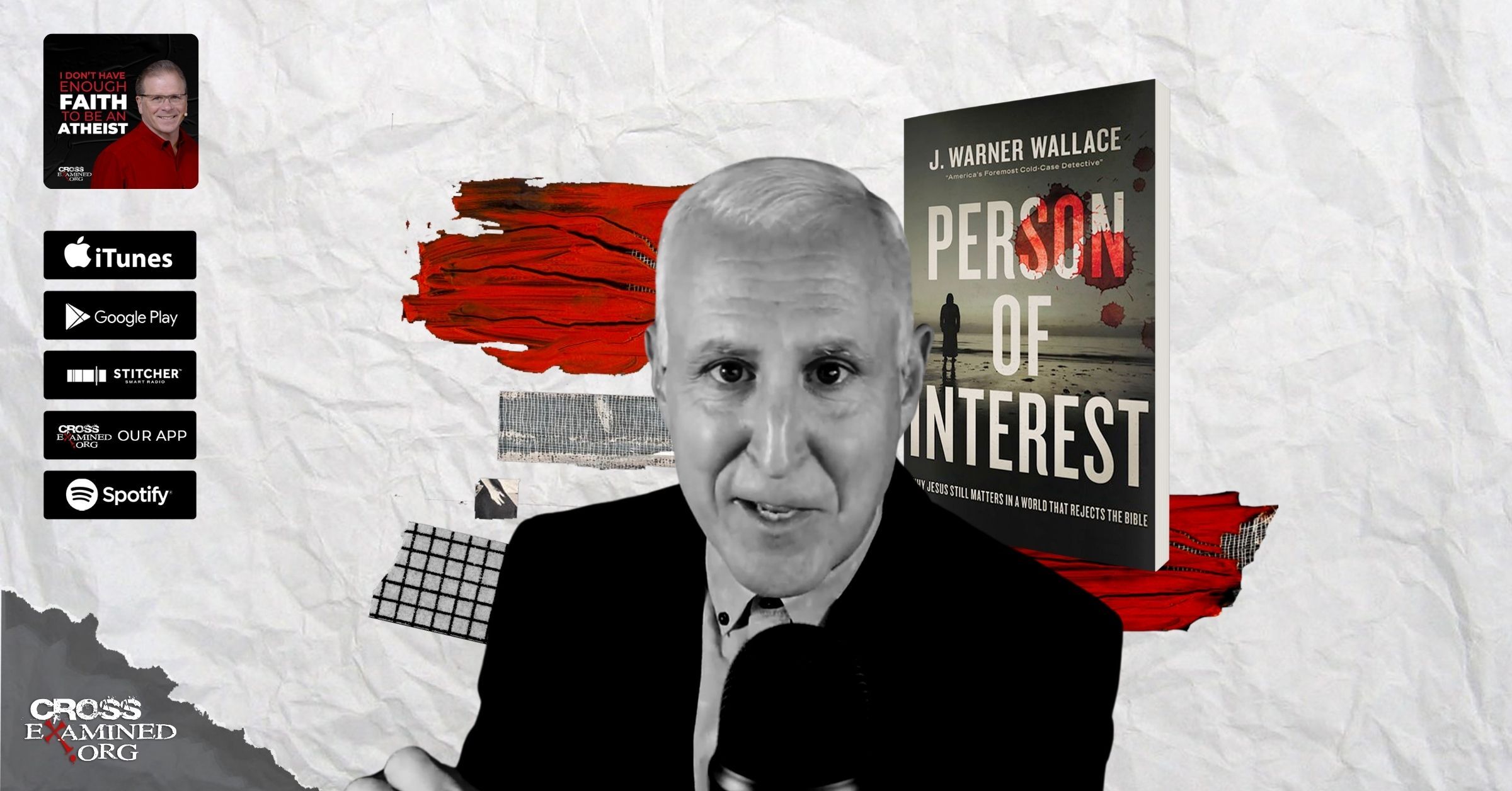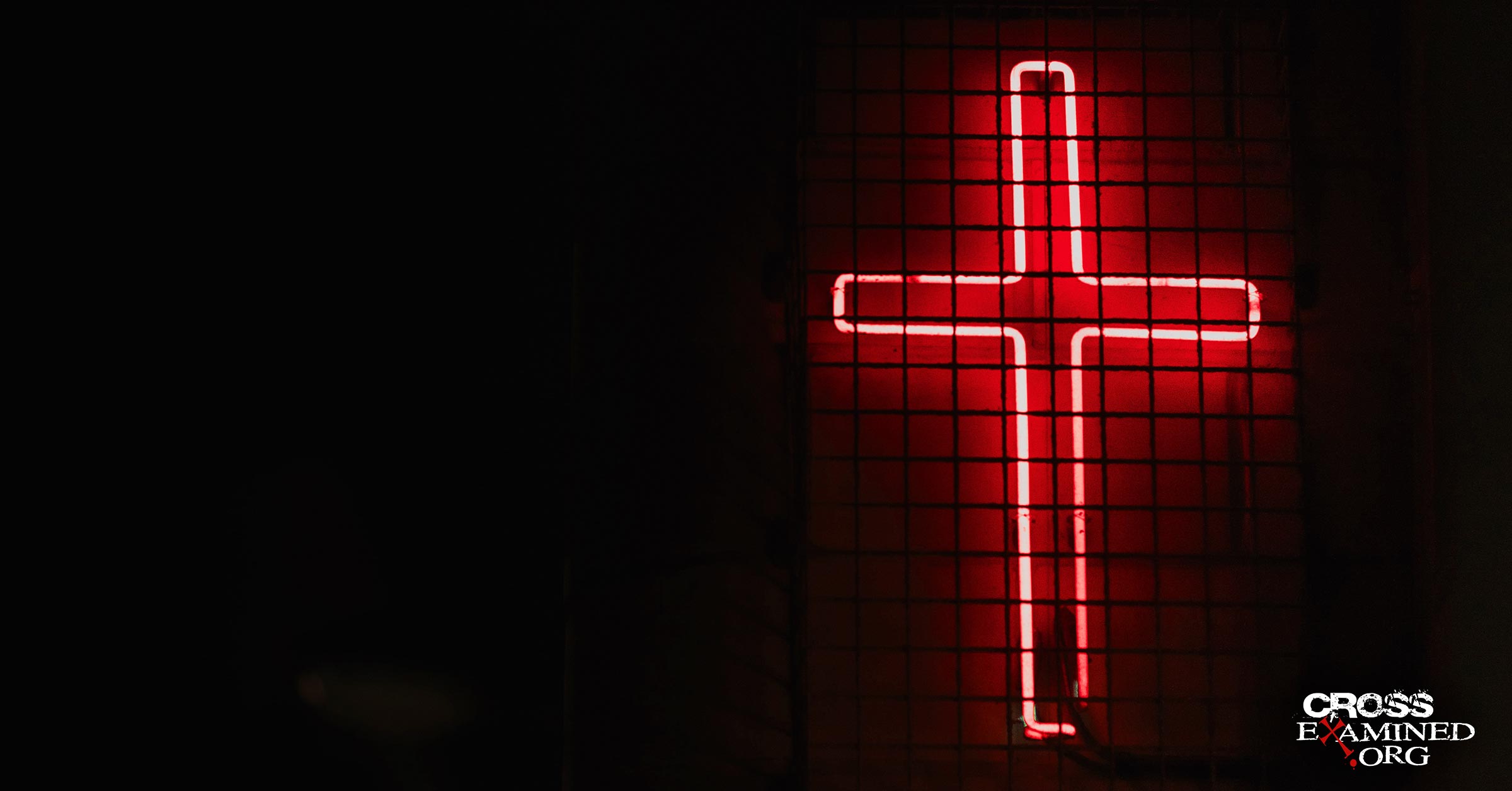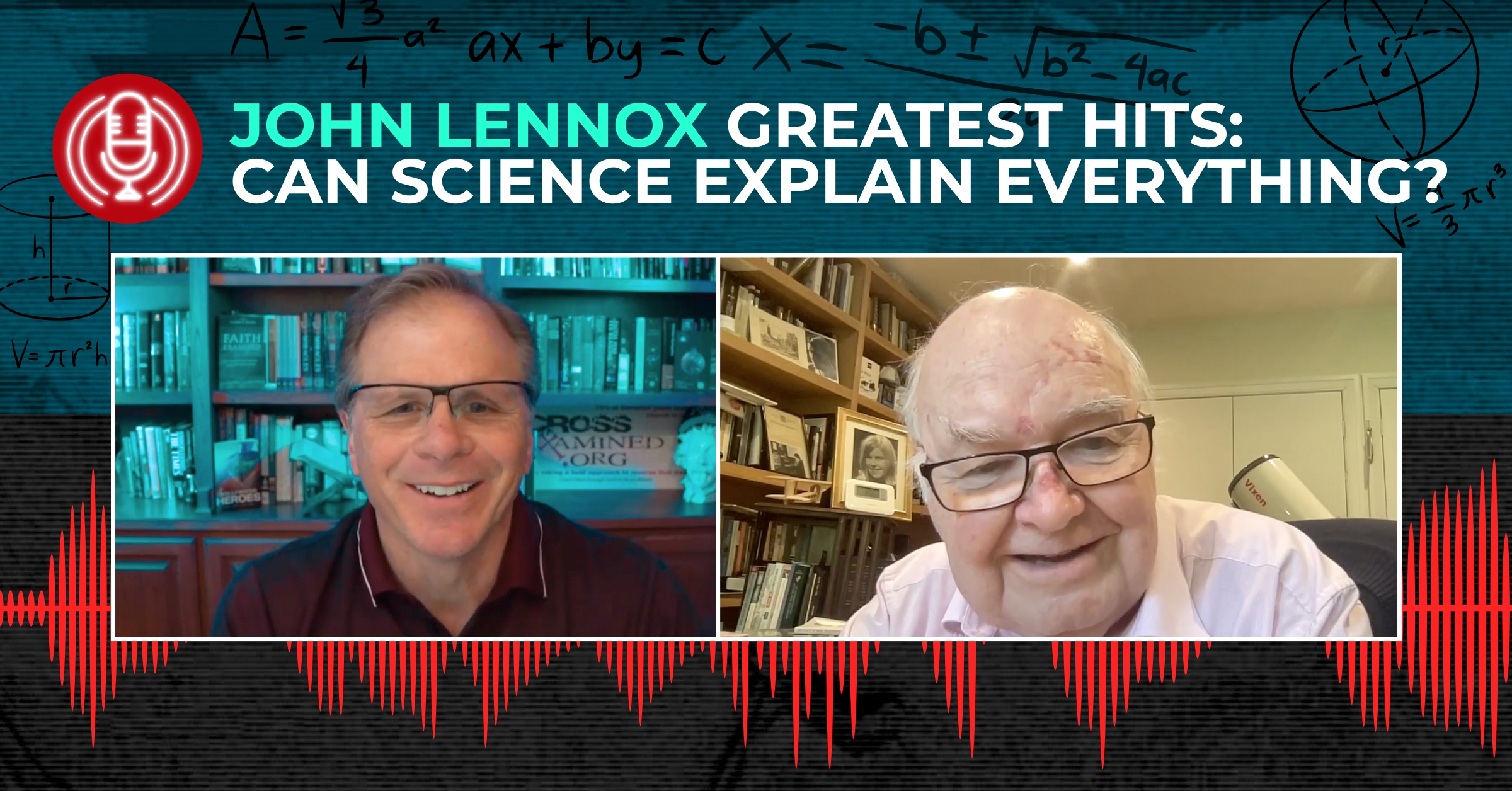The Road to the Perfect God
Human beings have wondered about God for millennia. The Bible explains this by saying that God “set eternity in the human heart.”[1] How can, limited, finite human beings wonder about the supreme being? Some say that we are not alone in this quest and that God has revealed himself to us. That he has bridged the infinite chasm between creature and creator so that finite creatures can know him. Other say that God, if he exists at all, is too hidden and has not done a good job in making his existence evident.

My contention here is that, not only is God not hidden, but there is evidence for his existence that we cannot dismiss because it is right “in front” of us, every moment, every second, every day and in every aspect of our lives.[2]
The Orchestra of Existence
When attempting such a massive undertaking (wondering about God), let us start with ourselves: humanity. This is not our starting point because of some (empty) humanism that says that humans are the most valuable beings or the center of the universe. We are just starting with humans because it is our natural starting point since we are, after all, humans.
There are many things that we know about ourselves as individuals and as humankind. The first is that we exist. We also know, however, that we do not need to exist. Our existence is a gift, if not just an accident.[3] Either way, it was possible that we did not exist. In fact, humans who have not yet been conceived do not exist yet. This is true of us as individuals but is also true about humankind. Humans did not need to exist and in fact, some people would argue that it would have been better if that was not the case. Human beings are just another species who might disappear from the face of the earth. There is nothing in our humanity or in ourselves that implies that we must exist.
The same is true of pretty much everything around us. It is true of whatever you are using to read this, of whatever building you are in or will get to, whatever clothes you may have, whatever animals there are on the earth. In fact, it is true of the whole earth, of all the stars, galaxies and even of the whole universe. The bottom line is we live in a universe that does not have to exist.
One might ask then, if every existing thing did not have to exist, how does anything exist at all? No matter how many of the finest instruments capable of producing the most beautiful melodies you stack on a stage, no sound will come out of them unless something makes them play. In the same way, if you stack all the things that may exist, you could not get the actual existence of anything unless something makes them be.
The conclusion is that, while most things exist because something outside themselves gave it existence, there is a being who exists by virtue of its own nature; its nature is existence. This is the musician playing the instruments, it is the source of the existence of everything else: God.
The Perfect God
I want to offer some insight into my last conclusion. We normally just use words like “be” and “existence” just to say that something “is there” or that it is real, not imaginary. Saying that God’s nature is existence, however, implies something more than that. In created beings, nature actually limits what a thing can be. For example, the blueprint of a house limits how the house is. It delimits (and limits) where a building block or a column must be in other for a particular house to be the house in the blueprint. In a human, human nature permits rationality but limits us so we cannot fly. The dog nature allows Fido to run but does not allow him to think abstractly.
This is not the case with God. Since God’s nature is just existence itself, it is not limited by anything. Therefore, God is the wholly perfect and supreme being. He possesses all perfections to the highest possible degree. There is no aspect in which He could be more perfect.
Imperfect Reflections of the Perfect God
Since every being owes its being ultimately to God and comes from God, every good aspect of a thing, is an imperfect reflection, of a perfection in God. Taken again, for example, existence (in the regular sense of being real). As we covered at the beginning, humans (and the rest of the universe) do not need to exist, still we do exist. And this is an imperfect reflection of the perfect God in at least to ways.
First, the fact that we exist implies that something other than us made us exist. Our existence is really not an accident, it is a gift. And as we have seen, in order for us to exist, ultimately there must be something that exist necessarily, which is God. Second, just as how the music stops when an orchestra stops playing the instruments, our existence would finish if God were to cease to keep us in existence. It turns out that our existence is not just a one-time gift given at creation, but an ongoing gift that God has not repented of.
This dependent quality of existence is only one example. The same pattern applies to every other good we observe around us. When we see the love of a mother, the strength of a father, the beauty in a sunset, the intelligence in a scientist, justice in a judge, loyalty in a dog, wisdom in a teacher, freedom in a flying bird, grandeur in nature . . . every true, beautiful, and good aspect of anything we see in the world, even in its most amazing expressions, is but an imperfect and finite reflection of the perfect and infinite God.
We may begin by noticing a good quality in a thing in the world.[4] Since that thing, however, is not infinite, the perfection it displays must exist fully in an unlimited being (God), who has it by virtue of his own nature. The quality only belongs fully and naturally to the source, while everything else can only reflect that quality in an imperfect way.
Conclusion
We began our inquiry on our natural starting point: our experience as finite beings. Now, we arrive at the natural stopping point: God, the supreme and wholly perfect being who is the source of all that is. As Paul reminds us, “God’s invisible qualities—his eternal power and divine nature—have been clearly seen, being understood from what has been made.”[5] We can conclude that God is not hidden from us. Every good, true, and beautiful aspect of the world proclaims the perfect being who created and sustains all of creation.
References:
[1] Ecclesiastes 3:11, New International Version.
[2] Joseph Owens, An Elementary Christian Metaphysics (Notre Dame, IN: University of Notre Dame Press, 1963).
[3] I mean “accidental” not in a metaphysical sense, but as an event that happens by chance or without an apparent deliberate cause.
[4] Things do not truly have bad qualities. What we often call a “bad quality” is actually a lack or a distortion of some good that should be present according to the thing’s nature. For example, we can think of violence as the absence of proper order or restraint in power that a human being should have. Therefore, even in this sense the same reasoning applies. The absence itself reminds us of the perfection that only God possesses completely without deficiency, distortion, or limit.
[5] Romans 1:20, New International Version.
Recommended Resources:
Debate: What Best Explains Reality: Atheism or Theism? by Frank Turek DVD, Mp4, and Mp3
Why Science Needs God by Dr. Frank Turek (DVD and Mp4)
Oh, Why Didn’t I Say That? Does Science Disprove God? by Dr. Frank Turek (DVD and Mp4)
Stealing From God by Dr. Frank Turek (Book, 10-Part DVD Set, STUDENT Study Guide, TEACHER Study Guide)
Diego Fallas earned his bachelor’s degree in mechanical engineering. During his studies, he became passionate about Christian apologetics. He quickly found himself immersed in the field as he started taking seminary courses in apologetics and became a Reasonable Faith chapter director. Today, he is the Director of Operations for CrossExamined.org, and teaches and speaks in Latin America. Diego is the co-host of the weekly Livestream show Piensalo Bien and is currently completing his M.A. in philosophy from Southern Evangelical Seminary.










